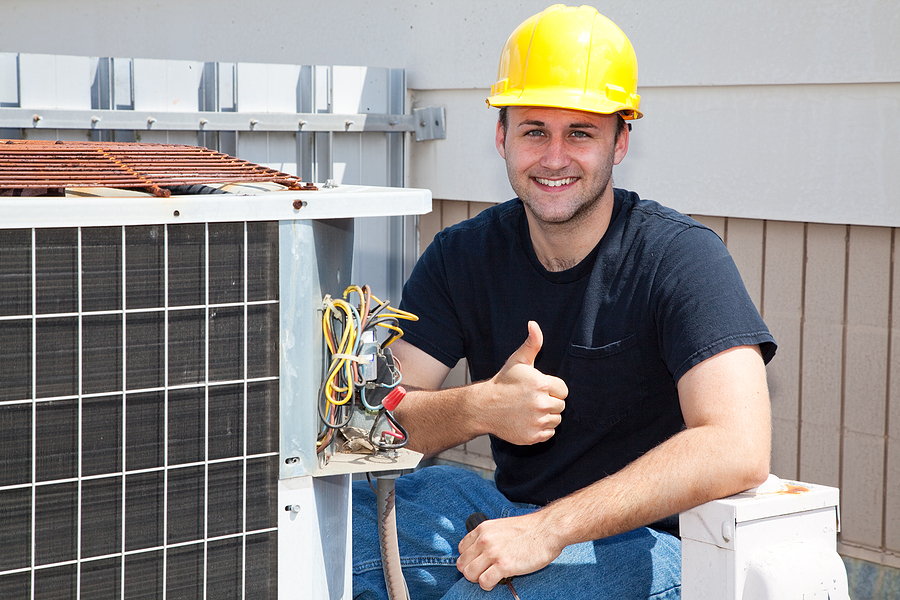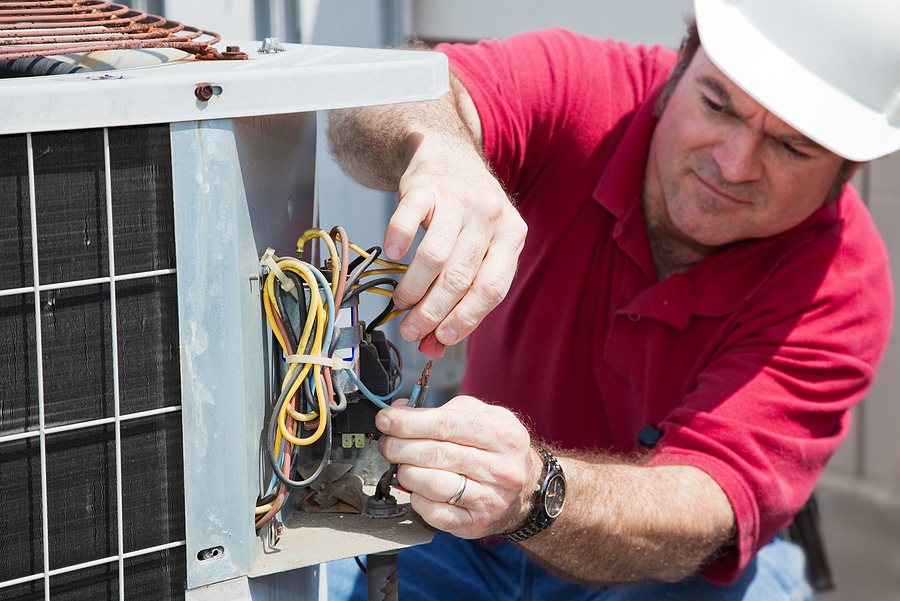
Does My HVAC Need Repairs or Replaced?
Your HVAC (heating, ventilation, and air conditioning) system plays a crucial role in keeping your home comfortable throughout the year. However, like any other appliance, it will eventually require repairs or even a full HVAC replacement. As a homeowner, it can be challenging to determine whether you need HVAC repairs or a replacement for your HVAC system. In this article, we will discuss the signs that indicate your HVAC system needs repairs or replacement.
Signs that Your HVAC Needs Repairs:
- Poor Airflow: If you notice that the airflow from your HVAC system has decreased, it could be due to a clogged air filter, damaged ducts, or a malfunctioning blower motor. A professional HVAC technician can inspect and diagnose the issue.
- Strange Sounds: If you hear strange sounds like grinding, squeaking, or banging coming from your HVAC system, it could be due to loose or damaged parts. It is essential to get your system inspected by a professional to avoid more significant damage.
- Uneven Heating or Cooling: If your HVAC system is struggling to maintain a consistent temperature throughout your home, it could be due to an issue with the thermostat, ductwork, or even the system’s refrigerant levels.
- Higher Energy Bills: If you notice a sudden increase in your energy bills, it could be due to an inefficient HVAC system. A technician can check for any air leaks, poor insulation, or outdated equipment to ensure your system is running efficiently.
Signs that Your HVAC Needs Replacement:
- Old Age: Most HVAC systems have a lifespan of 15-20 years, and if your system is reaching the end of its lifespan, it may be time for a replacement. Older systems tend to break down more frequently and can be less efficient, resulting in higher energy bills.
- Frequent Repairs: If you find that you are calling for repairs frequently, it may be more cost-effective to replace your system entirely rather than continuing to pay for repairs. A new system will save you money in the long run, and you won’t have to worry about breakdowns.
- Outdated Technology: Newer HVAC systems are more efficient and use less energy than older systems. If your system is more than ten years old, it is likely that there are more efficient options available.
- Inefficient Performance: If your system is struggling to keep up with your heating and cooling demands, it may be time for a replacement. Newer systems can offer better performance, ensuring that your home stays comfortable throughout the year.
It is essential to pay attention to your HVAC system’s performance and seek professional help when needed. While repairs may be the best option in some cases, a replacement may be necessary in others. Your HVAC technician can help you determine the best course of action for your system and ensure that it continues to provide reliable performance and comfort for your home.
Replace vs Repairing HVAC
When deciding whether to repair or replace your HVAC system, there are a few factors to consider. The first is the age of your system. If your system is more than 15 years old, it may be more cost-effective to replace it rather than continue to pay for repairs. Older systems tend to break down more frequently, and the cost of repairs can add up quickly.

Another factor to consider is the efficiency of your system. Newer HVAC systems are more energy-efficient and can help reduce your energy bills. If you have an older system, it may not be running as efficiently as it could be, leading to higher energy bills. Upgrading to a newer, more efficient system can help you save money in the long run.
If you are unsure whether to repair or replace your HVAC system, it is best to consult with a professional HVAC technician. They can inspect your system, identify any issues, and recommend the best course of action based on your system’s age, efficiency, and performance.
In addition to making the right choice between repairs and replacement, it is also essential to take proper care of your HVAC system to ensure it continues to function correctly. This includes regular maintenance, such as changing the air filter, cleaning the coils, and scheduling annual tune-ups. By keeping up with maintenance, you can extend the lifespan of your system and avoid costly repairs or replacements.

In conclusion, determining whether to repair or replace your HVAC system requires careful consideration of several factors, including the age of your system, its efficiency, and its performance. Consulting with a professional HVAC technician can help you make the right choice for your home and ensure that your system continues to provide reliable performance and comfort.
